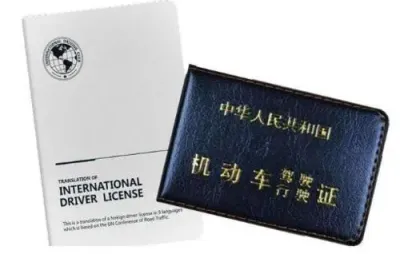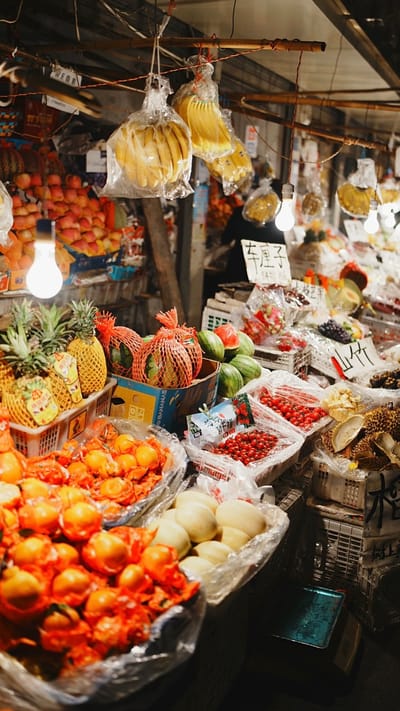On this page
Let’s first tell you the answer. China is very safe.
China is a safe country to visit as long as you approach it with a friendly and respectful attitude. The country welcomes tourists from all over the world, and as long as you are aware of local customs and follow the laws, you should have a pleasant experience.
Here are a few things to keep in mind when visiting China.
Crime Rate in China
China is generally considered to have a low crime rate, especially compared to many Western countries. Violent crime against foreigners is rare, and most visits are trouble-free. However, like in any country, petty crime such as pickpocketing and scams can occur, especially in tourist areas and crowded places.And with the popularity of online payment, pickpocketing is almost non-existent now.

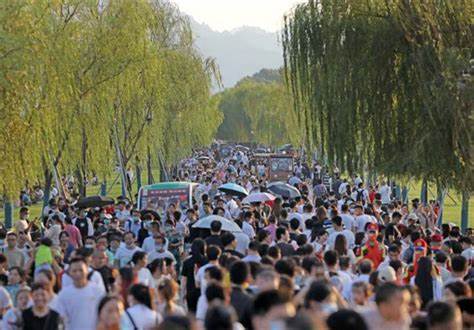

The attractions are crowded with tourists.
Public Safety
In most cases, China is a safe place and crowds in public places should not cause any concern. But be careful not to leave your belongings behind, follow traffic rules and the arrangements of local staff. Due to the fact that many things purchased in China (such as SIM cards, train tickets, etc.) require a passport. It is important to be extra cautious and protect your passport, and always carry a copy and/or digital copy. If you bargain in the market, make sure you have the correct change and maintain confidence when negotiating with vendors. Paying for unmarked or unpriced items may incur additional fees, and language barriers will be disadvantageous if you do not use any Chinese phrases in the transaction.
Nightlife in China
Due to the popularity of night vision CCTV, the public security situation in urban areas is very good even at night.China's nightlife is vibrant and diverse, offering something for everyone, from lively night markets and karaoke bars to sophisticated nightclubs and cultural performances.
Night Markets:
Night markets are a highlight of Chinese nightlife, offering a variety of street food, snacks, and shopping. Cities like Beijing, Shanghai, and Taipei are famous for their bustling night markets. These markets are lively and can be a great place to experience local culture and cuisine.

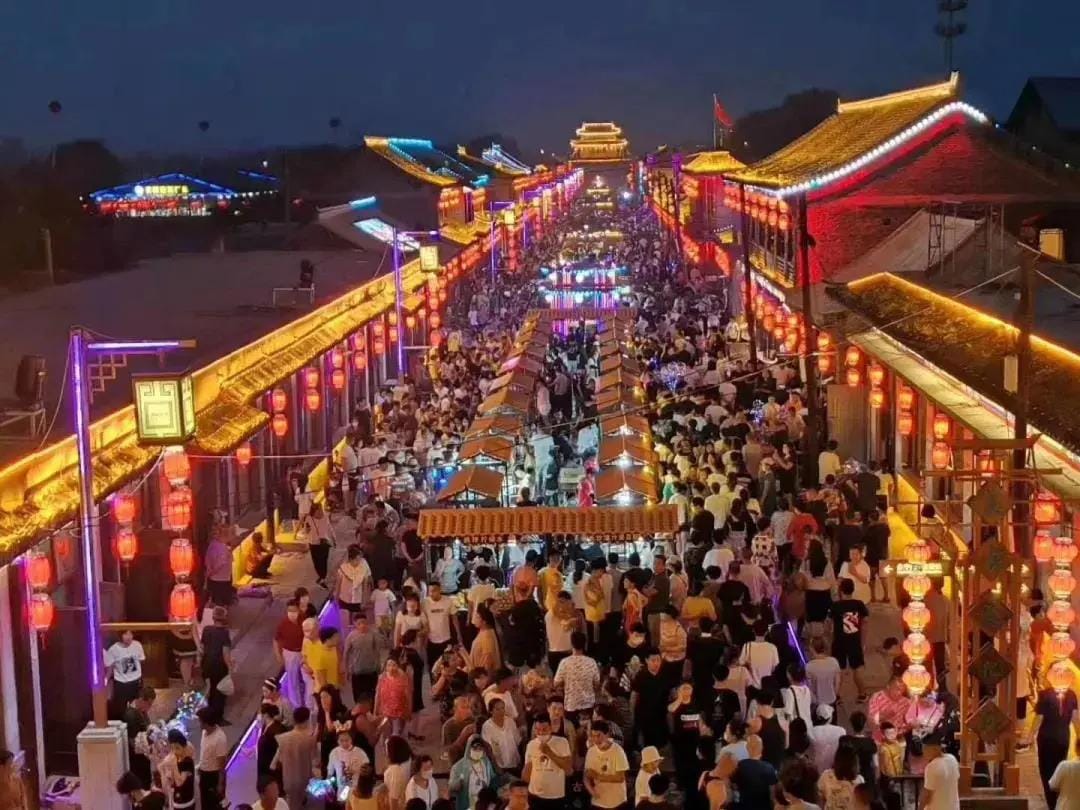
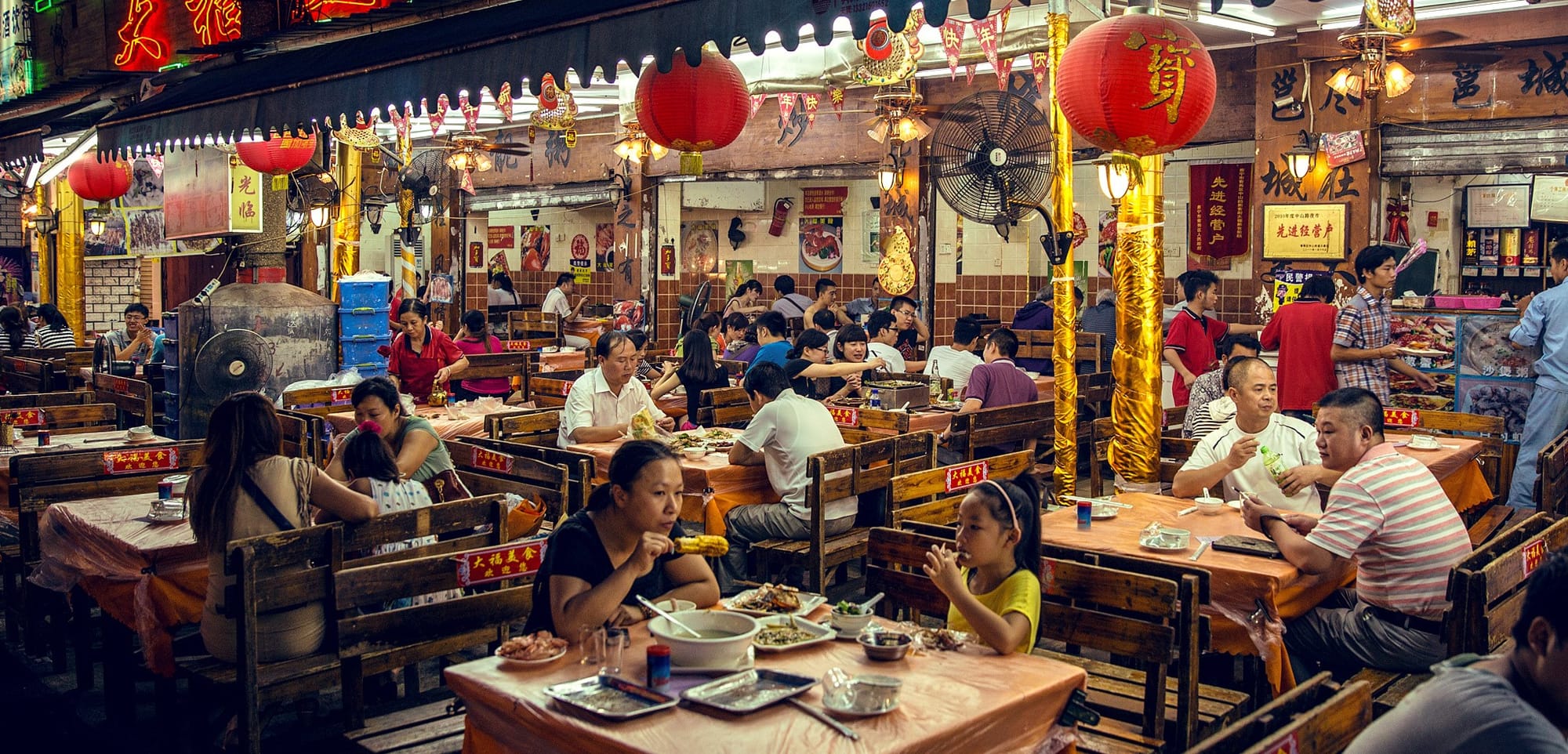
Night Markets in China
Bars and Clubs:
Major cities like Beijing, Shanghai, Shenzhen, and Guangzhou have a wide range of bars, pubs, and nightclubs catering to different tastes. From chic rooftop bars to lively dance clubs, there is something for everyone. Many clubs feature international DJs, live music, and themed nights.
Karaoke (KTV):
Karaoke, known as KTV in China, is a popular nightlife activity. Many KTV venues offer private rooms where you can sing with friends. KTV venues range from small, cozy places to large, luxurious establishments.
CCTV and Surveillance in China
China has one of the most extensive networks of CCTV cameras in the world. These cameras are used for a variety of purposes, including crime prevention, traffic management, and public safety.
Major cities and tourist areas are heavily monitored with CCTV cameras. These cameras are present in public places such as streets, parks, transportation hubs, and shopping centers. The primary purpose of these cameras is to enhance public safety and security. They help in deterring crime and can be useful in quickly responding to incidents. When some civil disputes occur, video records can also be used as evidence. The video can both prevent crime and ensure transparency in law enforcement.While the extensive use of CCTV might feel invasive to some, it is generally accepted as part of everyday life in China. As a tourist, you must be aware that you may be recorded in public places. At the same time, if you encounter tourism fraud or other infringements, you can apply for video as clues and evidence after reporting to the police.

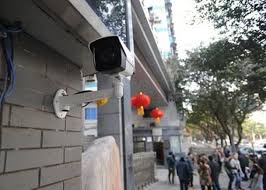
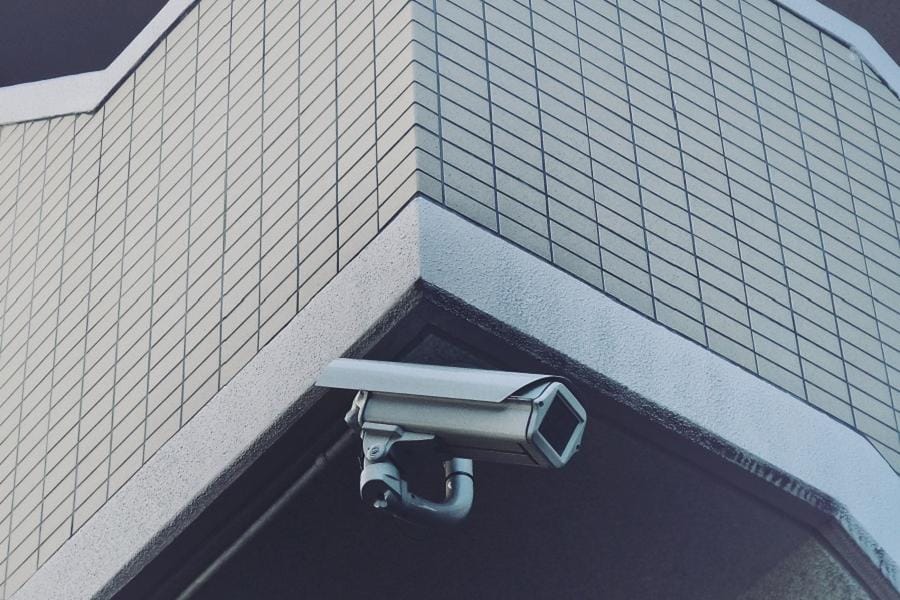
Friendly Chinese People
Chinese culture places a high value on hospitality. Many locals are curious about foreigners and are happy to help. Also, most of them are polite and respectful, especially in public interactions. It’s important to be polite and show appreciation when someone helps you. A simple “thank you” (谢谢, xièxiè) goes a long way. Non-verbal communication, like smiling and nodding, can also help convey your appreciation and friendliness. It is very likely to encounter language barriers when communicating with locals. While younger generations and urban residents may have some knowledge of English, many people, especially in rural areas, might not speak English. However, they will often go out of their way to assist you even if there is a language barrier. Using translation apps or carrying a phrasebook can be very helpful in bridging communication gaps. If you ask for directions or general information, most people will do their best to assist you. It’s helpful to have your destination written in Chinese characters.
In emergencies, locals will usually be willing to help. You can also seek assistance from police officers, who are generally approachable and can help with more serious issues.


Friendly communication between Chinese and foreign tourists
Attitudes Towards Religion
China is officially an atheist state. There are five officially recognized religions: Buddhism, Taoism, Islam, Catholicism, and Protestantism.
In everyday life, many Chinese people are quite tolerant of different religious beliefs. Visitors practicing their religion privately or in recognized places of worship typically do not face issues.But preaching in non-religious places is suspected of violating religious laws, and tourists need to be aware of this
It’s important to respect local customs and practices, whether they are religious or secular. This includes being mindful when visiting religious sites and understanding that some regions may have stronger religious traditions than others.
Attitudes Towards LGBTQ+ Issues
In China, the acceptance of LGBTQ+ individuals varies. In larger, cosmopolitan cities like Beijing, Shanghai, and Shenzhen, there is a more visible and active LGBTQ+ community, and people tend to be more accepting. In rural areas and among older generations, attitudes can be more conservative. Public displays of affection, regardless of sexual orientation, are generally less common and may attract attention. There are LGBTQ+ bars, clubs, and organizations in major cities, and events like Shanghai Pride (although officially canceled in recent years) have taken place. While there is a growing awareness and some level of acceptance, being openly LGBTQ+ can still be challenging, especially outside major urban centers.
Finding a Balanced View on CCP
The portrayal of the Chinese Communist Party (CCP) in Western media often emphasizes certain aspects that are viewed critically, such as human rights issues, censorship, and political repression. However, it's important to recognize that opinions about the CCP and its policies can vary widely depending on the perspective and context.
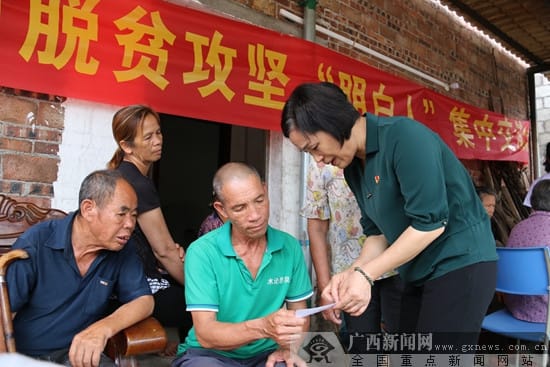
Western media are used to demonizing the Communist Party. The CPC was founded by intellectuals and is now a modern political party composed of technical bureaucrats. It is similar to the People's Action Party of Singapore and is the only ruling party in Chinese society.
Safety Tips for Visitors
Personal Belongings:
Keep your valuables secure and be aware of your surroundings, especially in crowded places like markets, tourist attractions, and public transportation.
Use hotel safes for your passports, extra cash, and other important documents if possible.
Scams:
Be cautious of unsolicited offers of help or friendship, especially if it involves going to a teahouse, bar, or restaurant. There have been reports of scams where tourists are overcharged.
Use official transportation options like taxis from designated stands or ridesharing apps, and avoid unlicensed taxis.
Health and Safety:
Drink bottled water or boiled water, as tap water in China is not always safe to drink.
Be mindful of traffic, as driving habits can be different from what you are used to. Pedestrians do not always have the right of way.
Emergency Contacts:
Note down the contact information for your country's embassy or consulate in China.
The emergency number in China is 110 for police, 120 for medical emergencies, and 119 for fire.
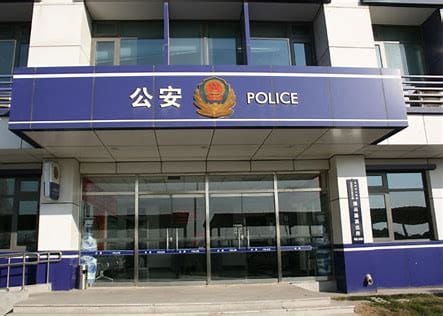
Local Laws and Customs:
Always carry a copy of your passport with you, as you may be required to show identification. If passport is lost, you can contact the local embassy to report the loss or apply for a replacement.
Avoid any involvement in illegal drugs, as China has very strict laws with severe penalties for drug offenses.
Be respectful of local customs and traditions. Familiarize yourself with basic cultural norms to avoid misunderstandings.






